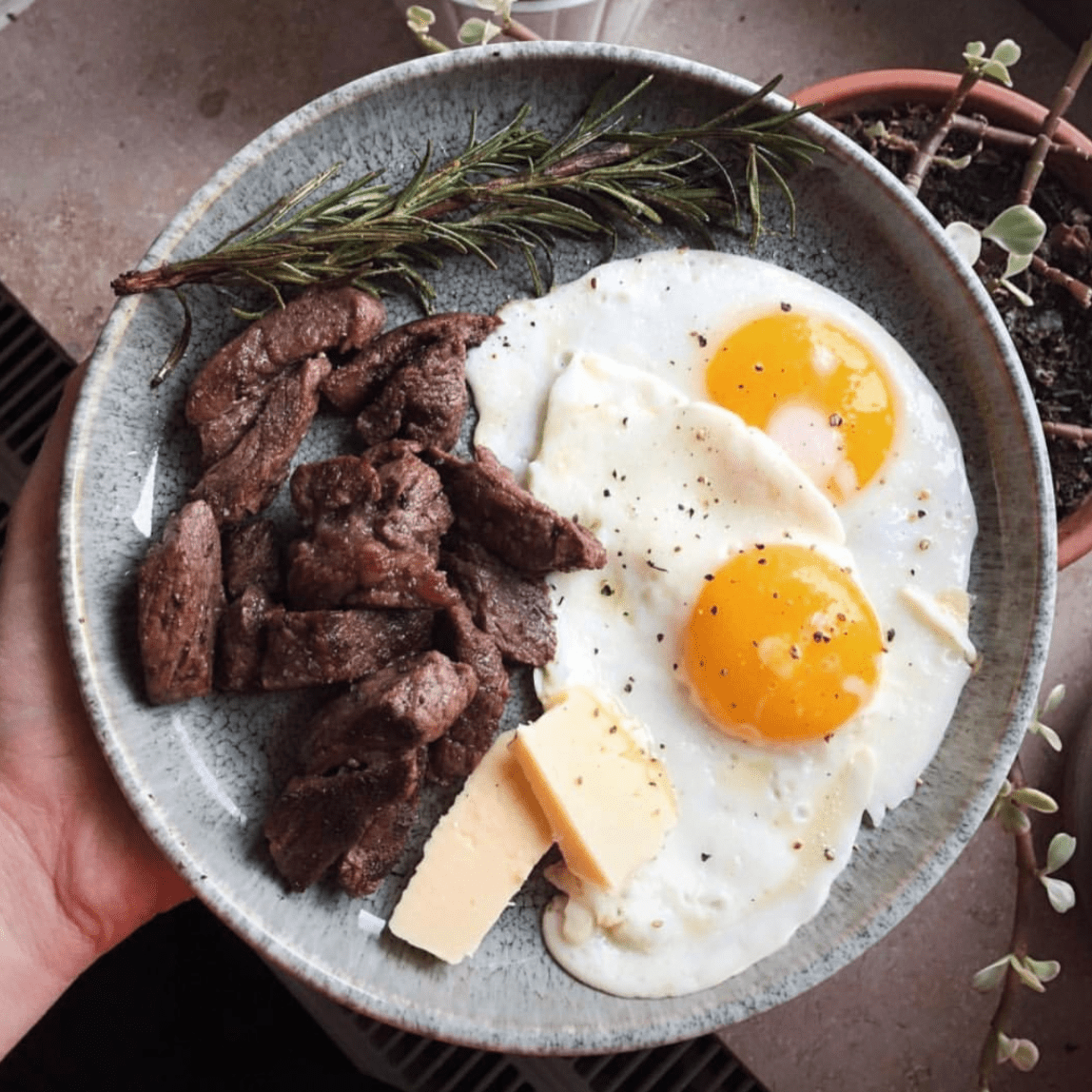'What is Keto?' The most googled question of 2019 and still the top 12 most searched diets today. But why is everyone so crazy about it and what's the big deal?
Keto, short for Ketogenic is a diet which involves drastically reducing your intake of carbohydrates and increasing fats.
The science behind this is that in doing so the body will revert to a metabolic state called ketosis, which is when your body uses fat as its primary source of energy.
While everybody is different this ratio generally translates to:
- 60 - 75% of your calories from fat
- 15 - 30% of your calories from protein
- 5 - 10% of your calories from carbs
The Benefits:
Weight loss
People who follow a Keto diet often experience weight loss for a few reasons: When you eat carbs, your body retains fluid in order to store carbs for energy, but without these carbs you are less likely to retain water and therefore lose weight.
Fats associated with more dense foods also help to curb appetite and keep people feeling fuller for longer therefore consume less.
Finally once your body is attuned to using fat for energy you are burning it more effectively and therefore often see quick results.
Insulin sensitivity:
A Keto diet has been shown to help restore insulin sensitivity, as it eliminates the root cause of insulin resistance – reducing intake of carbohydrates associated with high levels of insulin.
Lower blood pressure and cholesterol
Research has shown that a Ketogenic diet can decrease blood pressure levels in people that are overweight or with type 2 diabetes and improve levels of cholesterol.
Brain Function and Focus:
Increasing intake of healthy fats with omega-3, like those found in oily fish like salmon, tuna and mackerel, can help to improve mood and learning ability. This is because omega-3 increases a fatty acid called DHA that makes up between 15 to 30 per cent of our brain.
The production of the ketone, beta-hydroxybutyrate, can also help to support long-term memory function.
"Your journey to wellness shouldn't be about a trend but making a meaningful change. Like with every diet it is important never to restrict yourself too much, listen to your body and how it is responding to any changes and remember diets are not a one size fits all solution."
The other side...
Whilst a Keto diet can be the key to making a vital lifestyle and diet change, due to the grey scale of rules of what is considered Keto it can lead to eating overly processed foods and extra salts and even deficiency in certain vitamins as particular fruit and vegetables are restricted.
That's why for me I have tailored my diet to be a balance between Keto and Paleo, more geared towards eating all natural foods, focused on proteins and fats. In fact, paleo living can often work hand in hand with Keto approved foods as you generally eat lower carbohydrates and higher fats/proteins.
But I never restrict myself from having a bit of sweet potato mash if my body craves it!
Maybe for you it isn't about cutting out carbohydrates entirely but choosing more meals focused on grass fed proteins and adding natural fats that contain vital nutrients and omega 3s to your real food diet.
Sources and further reading:
https://www.diabetes.co.uk/keto/keto-diet-benefits.html
https://blog.daveasprey.com/benefits-keto-diet/
https://www.ncbi.nlm.nih.gov/pmc/articles/PMC2716748/




Ajay —
Thank you for sharing this informative article. It will really help us.